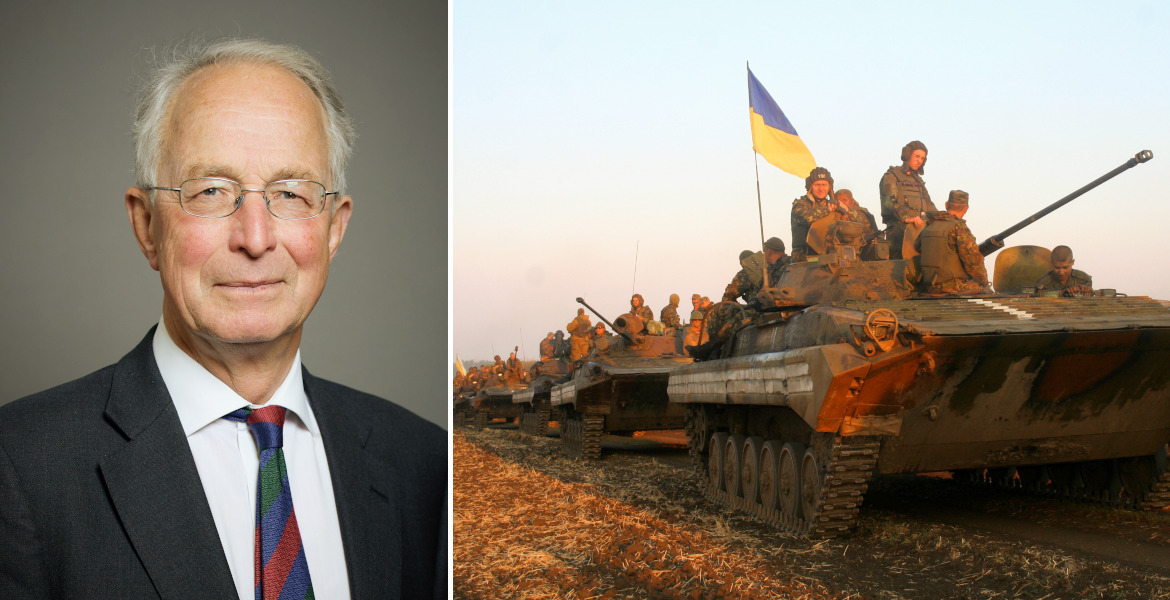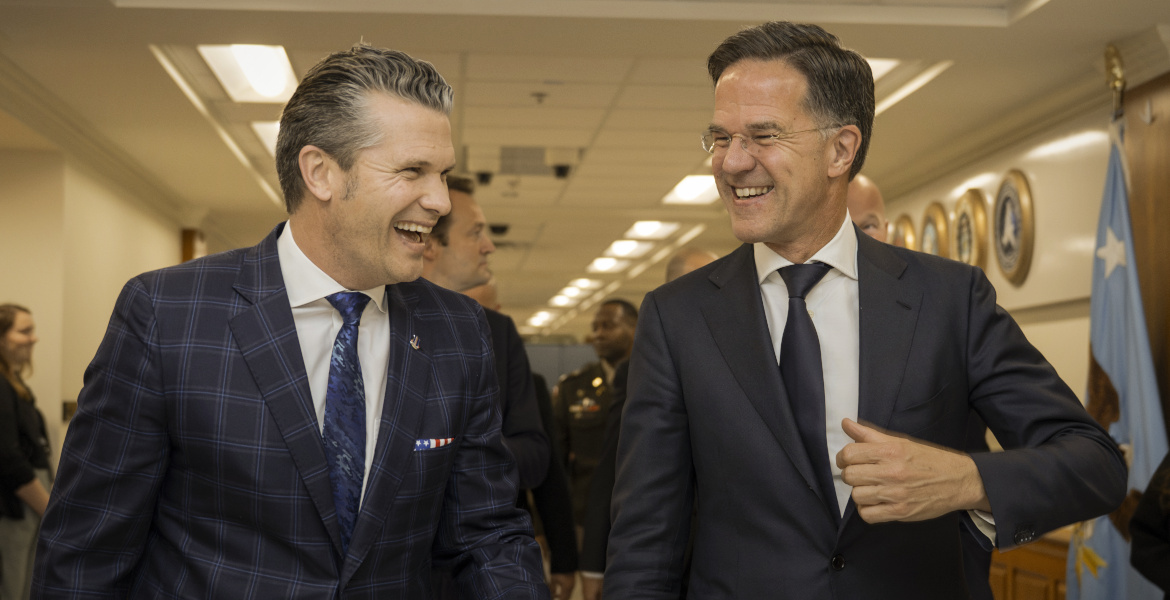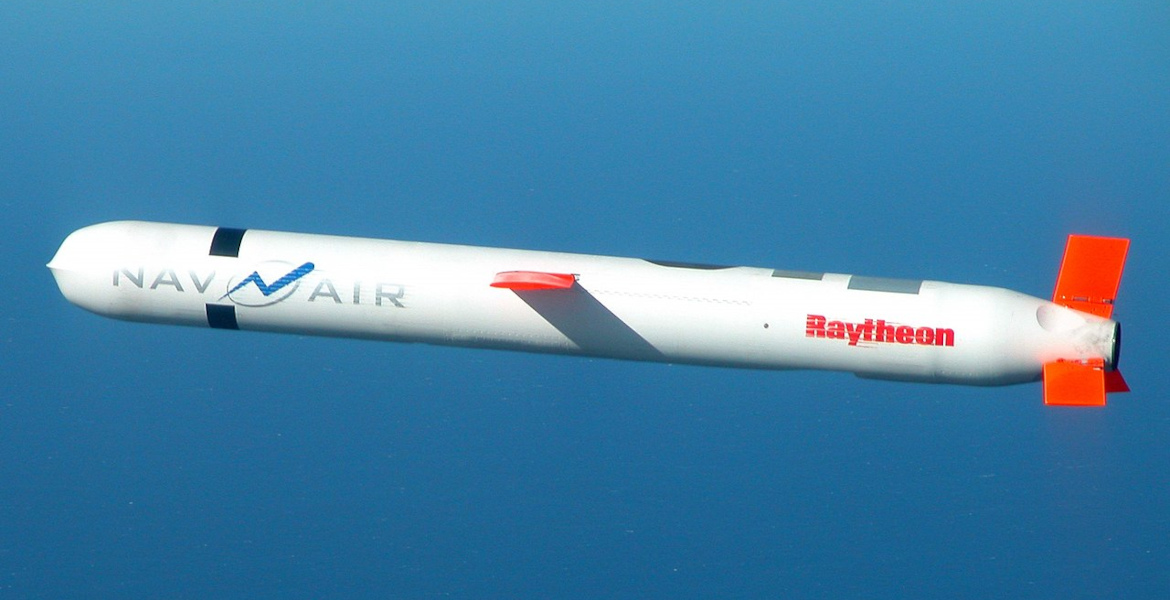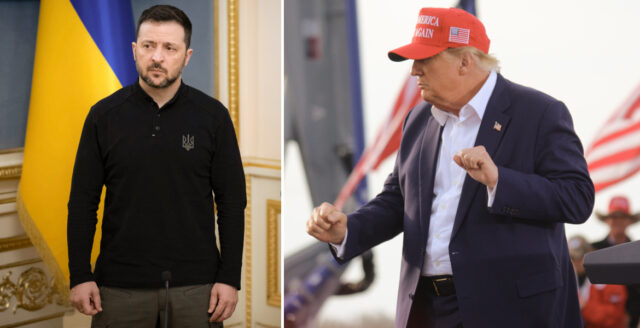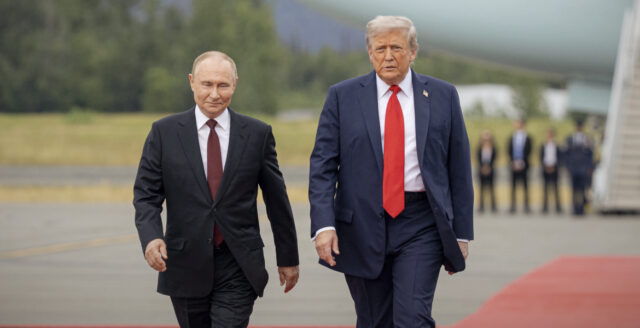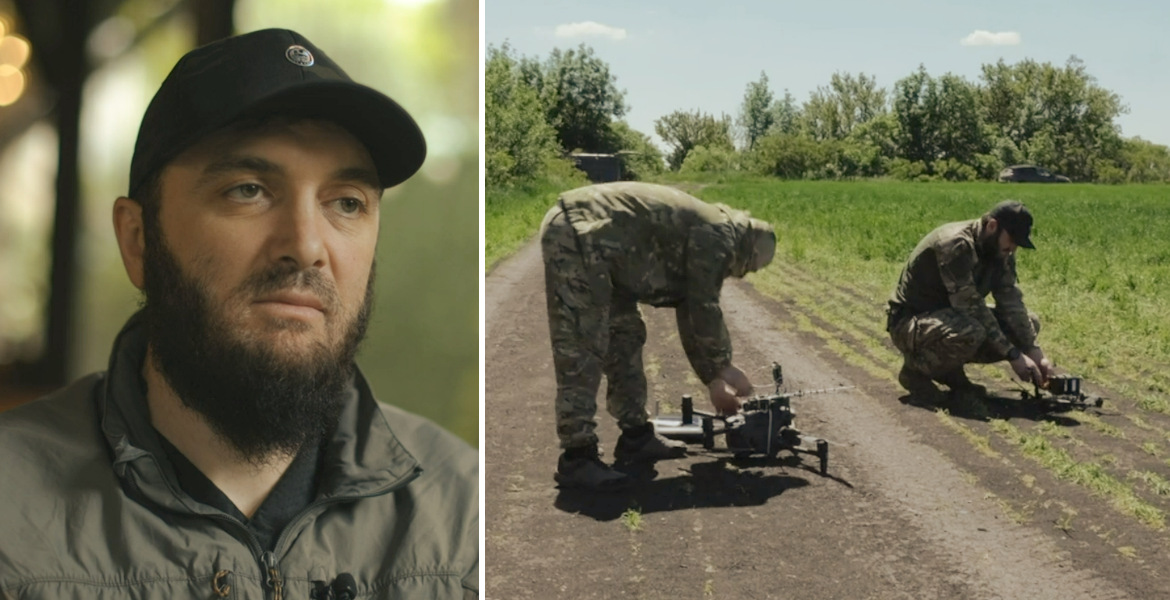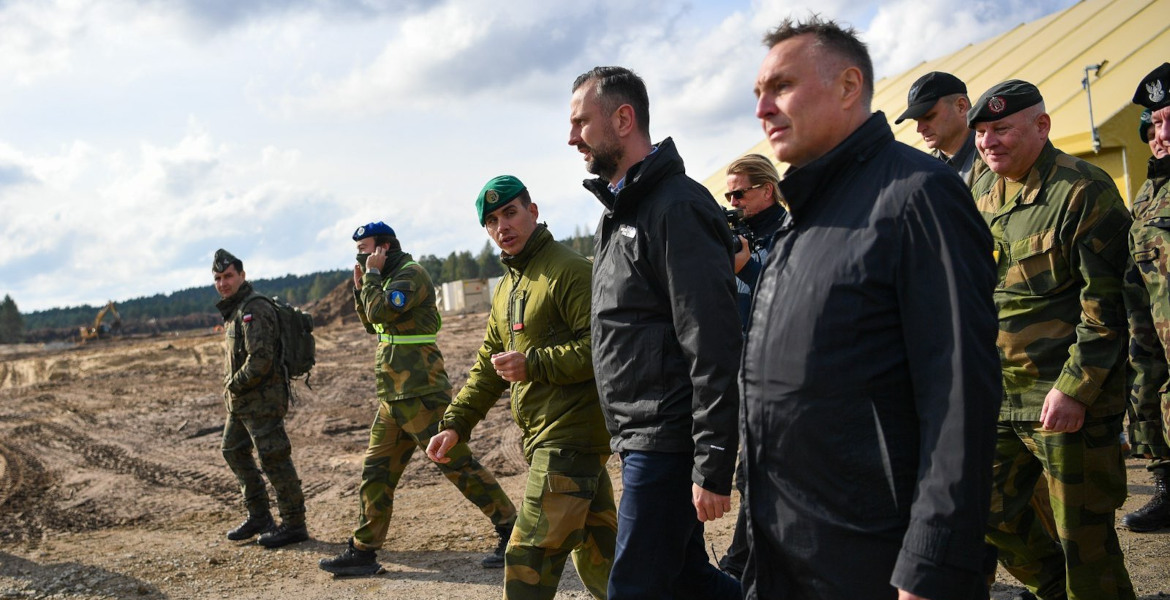One of Britain’s highest-ranking military officers assesses that Ukraine will never be able to defeat Russia on the battlefield and should instead negotiate for peace.
In an interview with The Independent’s podcast World of Trouble, Field Marshal Lord David Richards argues that Ukraine simply does not have the capacity to drive Russian forces from its territory and should instead seek a negotiated solution.
Richards, who was promoted to the country’s most prestigious five-star military rank earlier this year and led NATO forces during the troop surge in Afghanistan, is critical of how Ukraine’s allies have managed their support.
— What we have done in the case of Ukraine is encourage Ukraine to fight, but not given them the means to win, says the former Chief of the Defence Staff.
When Richards is asked to reflect on Ukraine’s chances of success against Russia, he is clear.
— My view is that they would not win.
When the interviewer asks whether Ukraine could win even with the right resources, the answer is brief.
— No.
Pressed further on whether the right resources could make a difference, he repeated his answer and added:
— No, they haven’t got the manpower.
Not an existential issue for the West
Richards, who is the only British officer to have commanded large American combat forces since 1945, believes the prospects for Ukraine are bleak.
— Unless we were to go in with them – which we won’t do because Ukraine is not an existential issue for us. It clearly is for the Russians, by the way.
— We’ve decided because it’s not an existential issue, we will not go to war. We are, you can argue – and I absolutely accept it – in some sort of hybrid war. But that’s not the same as a shooting war in which our soldiers are dying in large numbers, Richards continues.
He emphasizes that despite sympathy for the Ukrainians and their achievements, he still believes the war is not in the West’s vital national interests.
— My instinct is that the best Ukraine can do, and you already see President Zelensky, who’s an inspirational leader … the best they can do is a sort of a score draw.
Zelensky met Trump
The statement comes after Volodymyr Zelensky flew to Washington DC to meet Donald Trump and try to convince him to give Ukraine Tomahawk cruise missiles.
But Zelensky’s plans to pressure Trump appear to have been undermined by Vladimir Putin, who spoke with the American president hours before the White House meeting with the Ukrainian leader.
At a packed press conference, Trump appeared hesitant to give away American weapons, while maintaining a friendly tone with Zelensky. The American president emphasized his own country’s need to maintain stockpiles.
Zelensky said very little, except to politely suggest that Ukraine could offer its drone technology in an exchange deal. Trump seemed open to the idea.
After the summit, Zelensky said that Trump had not said no to the idea of Tomahawk missiles – but not yes either.
Iraq war built on lies
In the extensive interview about his military life, the field marshal revealed that although his career has been successful, there have been occasions when he came into conflict with the establishment and often disagreed with his military and political superiors.
As a major general and deputy chief of the army under General Sir Mike Jackson, he says it was obvious to him that British Prime Minister Tony Blair’s government was lying about its claims that Saddam Hussein was developing nuclear weapons in Iraq.
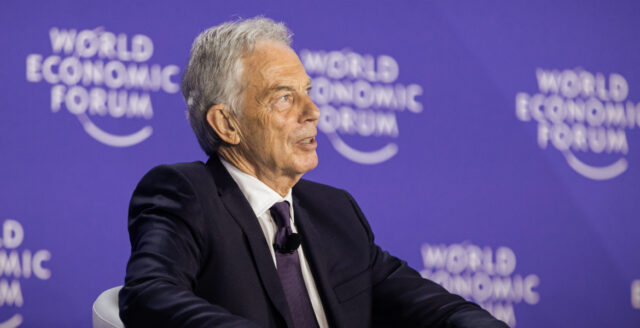
Together with other senior officers, he questioned the legality of Britain’s decision to join American forces in the invasion of Iraq in 2003.
Before the British joined the invasion, Blair presented an intelligence document to parliament claiming that the Iraqi dictator was developing nuclear weapons.
“This stinks”
The document, which has since been mocked as “the dodgy dossier” for its unfounded claims, caused dismay among senior officers who had access to the actual intelligence information.
— “I and others encouraged the chief of defence staff to query whether this was legal and what was the basis of this intelligence, says Lord Richards.
— I do remember one officer – who I won’t name but was on the intelligence side – saying, ‘Don’t worry. We’ll find something to put’. Yeah, ‘don’t worry. We’ll find something about that. We’ll justify what we were doing’, he recounts.
— I went back to say to Mike Jackson, ‘This stinks’.
